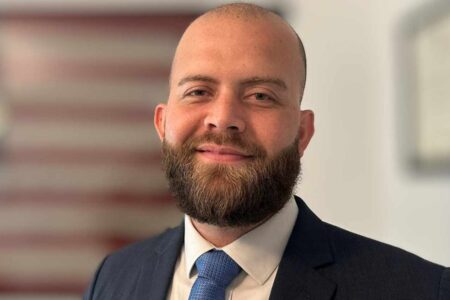
Share On Social!
Mammogram screening rates are lower in Latina than white women and lower in uninsured women than insured women.
In order to prevent the social, emotional, and economic burdens of breast cancer among Latina and all women, as well as to prevent premature death, it is critical to reduce barriers to access mammogram screening, like free counseling and screening.
The Community Breast Navigation Program (CBNP) embedded a community breast navigator in an adult medicine clinic in a federally qualified community health center in Hartford, Connecticut (17.4% Latino) and increased mammogram screening rates. Through a partnership between UConn and the Susan G. Komen of Southern New England, anyone who visited the clinic had the option to receive free breast cancer counseling and screening.
During a patient’s visit, a medical assistant would notify the breast navigator if the patient had not received a recent mammogram. The breast navigator will visit the patient to educate her about the importance of early detection through breast screenings, clinical exams, and self exams. Reducing as many barriers as possible, the navigator will call the radiology department to schedule the patient’s appointment for a mammogram; give the patient an appointment card; call the patient a few days prior to the appointment as a reminder; and follow up if the patient misses the appointment to reschedule another.
Outside of the clinic, the CBNP continues to reach out to community members at area health fairs, walks, expos, local churches, hair and nails salons, and other local small businesses.
Latino families suffer when a member faces cancer. Beyond physical health, mental, emotional, and social health are also threatened, thus diminishing overall wellness.
Read a case study and watch a video about embedding health navigators in schools to reduce barriers to health care for families.
Raising breast cancer awareness in the community is an important component in building a culture of health for Latinas and all women.
By The Numbers
142
Percent
Expected rise in Latino cancer cases in coming years




